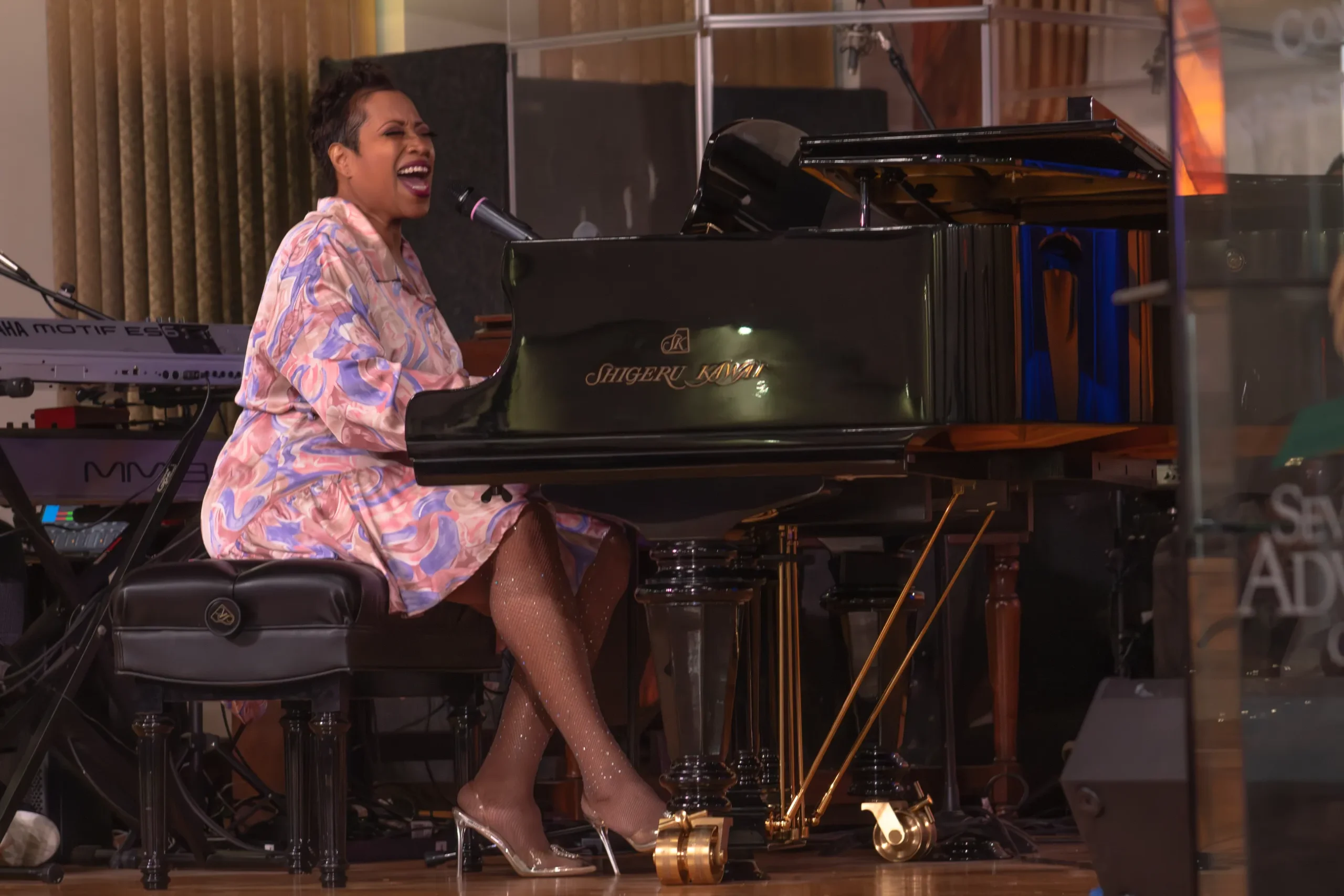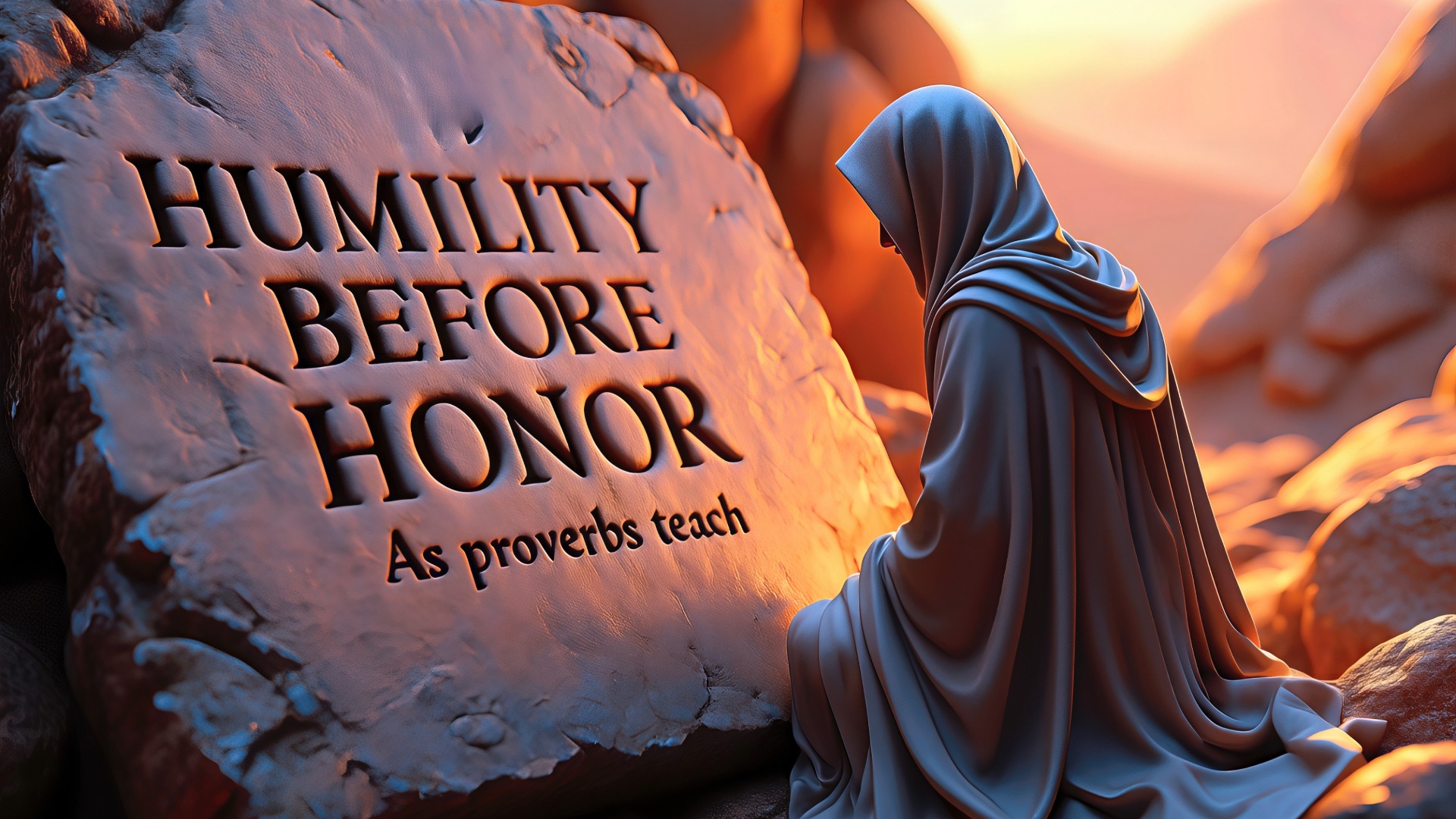Music has been an integral part of human culture for millennia, acting as a vehicle for expression, communication, and community. Within the context of worship, music serves a unique and powerful role, transcending mere melody and rhythm to become a profound medium for spiritual connection and devotion. This essay explores the deep-seated relationship between music and worship, highlighting its historical significance, emotional impact, and role in fostering a sense of community and personal spirituality.
Historical Significance
The use of music in worship can be traced back to ancient civilizations, where hymns, chants, and other forms of musical expression were central to religious ceremonies. In ancient Egypt, for instance, music was employed in rituals to honor deities and celebrate significant events. Similarly, the Psalms of the Hebrew Bible, many of which were set to music, have been used in Jewish and Christian worship for centuries. The early Christian church also recognized the importance of music, with Gregorian chant emerging as a prominent form of musical worship during the medieval period. This historical backdrop underscores the enduring nature of music as a conduit for spiritual expression.
Emotional Impact
One of the most compelling aspects of music in worship is its ability to evoke profound emotional responses. Music has the power to move individuals, stirring feelings of awe, reverence, joy, and introspection. Through its melodies, harmonies, and rhythms, music can create an atmosphere conducive to worship, allowing congregants to connect with the divine on a deeper level. For many, music acts as a bridge between the earthly and the transcendent, facilitating a sense of closeness with the divine that words alone may not achieve. The emotional resonance of music enhances the worship experience, making it more meaningful and impactful.
Fostering Community
Music in worship also plays a crucial role in building and strengthening community. Singing together fosters a sense of unity and belonging among congregants, creating a shared experience that transcends individual differences. The collective act of making music can break down barriers, bringing people together in a common purpose and reinforcing a sense of communal identity. This communal aspect of musical worship is particularly evident in practices such as congregational singing and choir participation, where individuals contribute to a collective sound that is greater than the sum of its parts. Music thus becomes a unifying force, promoting cohesion and solidarity within the worshiping community.
Personal Spirituality
In addition to its communal benefits, music also nurtures personal spirituality. Many individuals find that music enhances their personal connection to their faith, providing a means of expressing devotion, gratitude, and introspection. Through music, worshipers can articulate their spiritual journey in a deeply personal way, finding solace and inspiration in the melodies and lyrics. Music can also serve as a tool for meditation and reflection, offering a space for individuals to contemplate their beliefs and experiences. This personal dimension of musical worship underscores its versatility and profound impact on individual spiritual growth.
Conclusion
The relationship between music and worship is rich and multifaceted, encompassing historical significance, emotional impact, communal bonding, and personal spirituality. Music elevates the worship experience, transforming it into a deeply moving and unifying act that resonates on both a communal and personal level. As an enduring and powerful medium for spiritual expression, music will continue to play a central role in worship practices across cultures and traditions, bridging the gap between the human and the divine.







